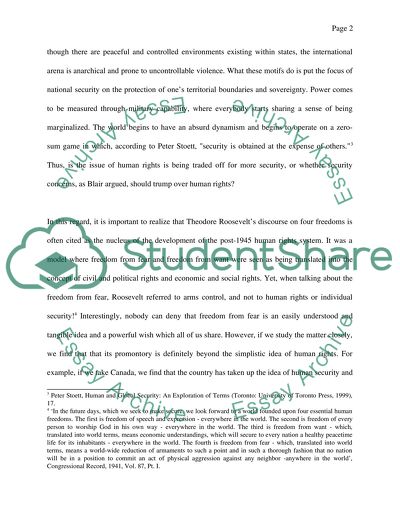Cite this document
(“European Convention of Human Rights Essay Example | Topics and Well Written Essays - 2500 words”, n.d.)
European Convention of Human Rights Essay Example | Topics and Well Written Essays - 2500 words. Retrieved from https://studentshare.org/law/1534609-european-convention-of-human-rights
European Convention of Human Rights Essay Example | Topics and Well Written Essays - 2500 words. Retrieved from https://studentshare.org/law/1534609-european-convention-of-human-rights
(European Convention of Human Rights Essay Example | Topics and Well Written Essays - 2500 Words)
European Convention of Human Rights Essay Example | Topics and Well Written Essays - 2500 Words. https://studentshare.org/law/1534609-european-convention-of-human-rights.
European Convention of Human Rights Essay Example | Topics and Well Written Essays - 2500 Words. https://studentshare.org/law/1534609-european-convention-of-human-rights.
“European Convention of Human Rights Essay Example | Topics and Well Written Essays - 2500 Words”, n.d. https://studentshare.org/law/1534609-european-convention-of-human-rights.


